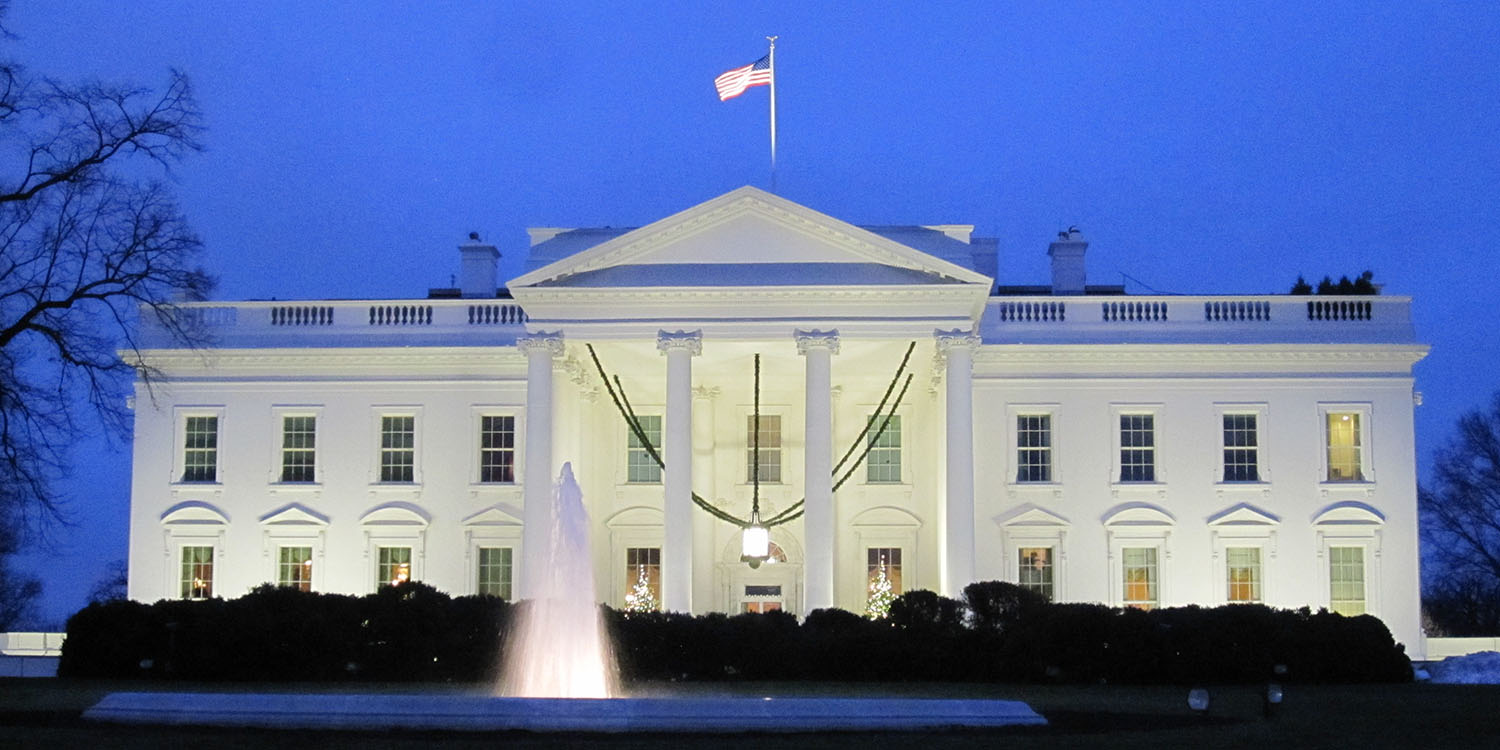
Yesterday highlighted CHIPS Act rivalry between Intel and TSMC in particular, as the US chipmaker voiced its view that American firms should get higher priority when it comes to financial assistance from the government.
However, the White House has effectively given Intel a slap, by stating that the goal of the fund is not to help out struggling companies – and hinted that Apple chipmaker TSMC is likely to be a higher priority …
The CHIPS Act
The CHIPS Act is a $50B government investment intended to encourage both US and overseas companies to build chip fabrication plants in America, with particular focus on more advanced chips. The subsidy program has been described as “the biggest investment in US industrial policy in 50 years.”
The Taiwanese Semiconductor Manufacturing Company (TSMC) announced back in 2020 that it would be building a $12B chipmaking plant in Arizona. Construction of the main chip facility was completed in August, with production scheduled to begin in 2024.
Apple helped lobby for subsidies for the plant within the CHIPS Act framework, as the plant will make A-series and M-series chips for the company’s products – though not the latest ones.
CHIPS Act rivalry between Intel and TSMC
Although a multibillion-dollar fund, the total is still relatively small when viewed against the total costs of building advanced chip fabrication plants. There won’t be enough to go around, prompting competition between rival chipmakers for a share of the cash.
We learned yesterday that Intel has been arguing that US companies should get priority, while TSMC retorted that this would not be an effective basis for investment decisions.
White House clarifies its goals
Bloomberg reports that the White House has responded by clarifying the objectives of the CHIPS Act funding.
As President Joe Biden’s administration prepares to accept requests for $39 billion in funding to jumpstart US production of microchips, his commerce chief emphasized the program’s focus is strengthening national security rather than boosting struggling chipmakers […]
“I expect there will be many disappointed companies who feel that they should have a certain amount of money. The reality is the return on our investment here is the achievement of our national-security goal,” Commerce Secretary Gina Raimondo told reporters.
More specifically, the administration is concerned that the most advanced chips are not currently made in the US, and it wants to see “at least two new clusters of leading-edge logic-chip manufacturing” in the country.
While Raimondo didn’t name names, the reference to struggling chipmakers is a pretty clear pointer to Intel, while “leading-edge” is descriptive of the work of Apple chipmaker TSMC. The reference to national security likely also refers to the fact that TSMC makes advanced chips for the US military.
Photo: Tom Lohdan/CC2.0 (cropped)
Add 9to5Mac to your Google News feed.
FTC: We use income earning auto affiliate links. More.





